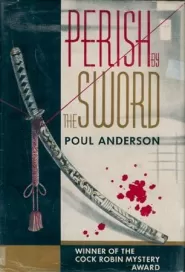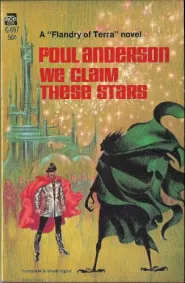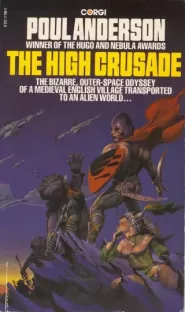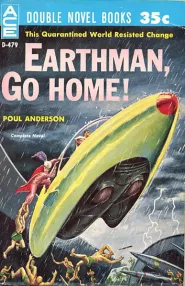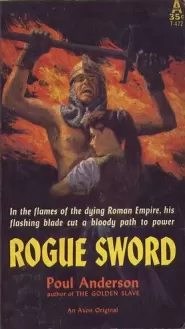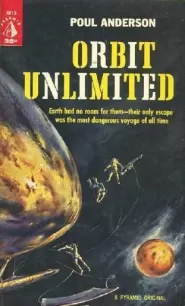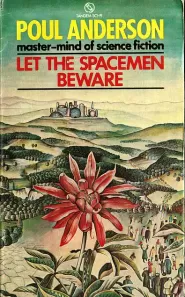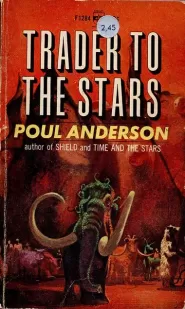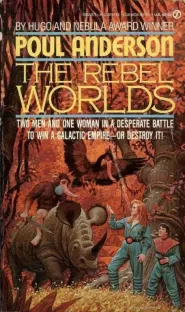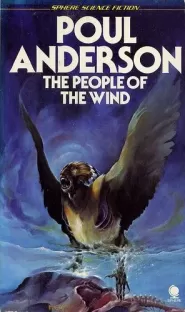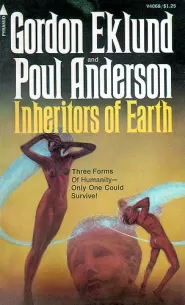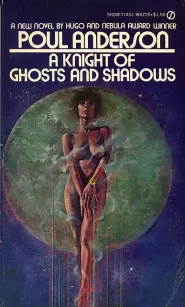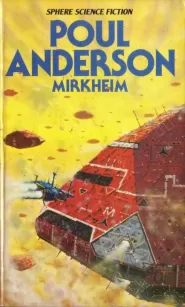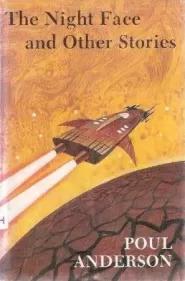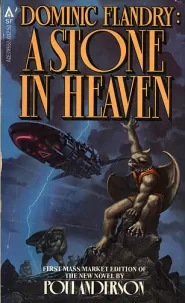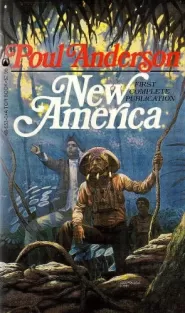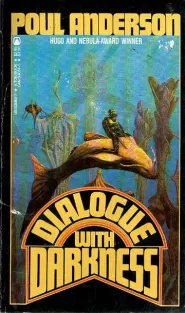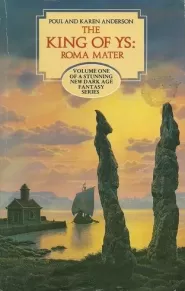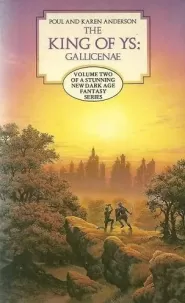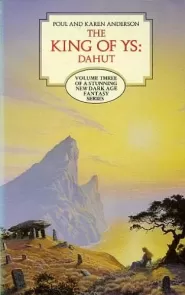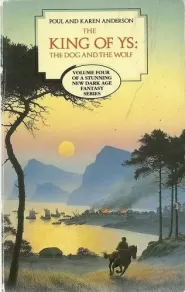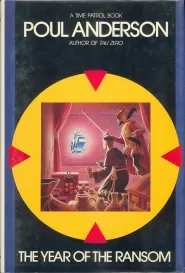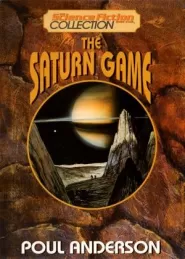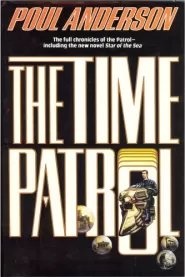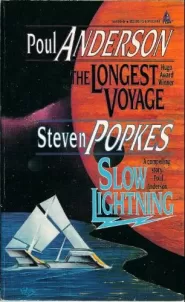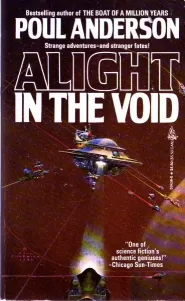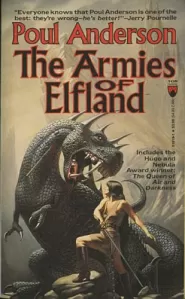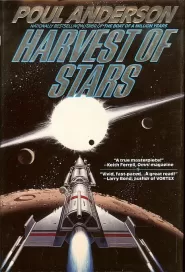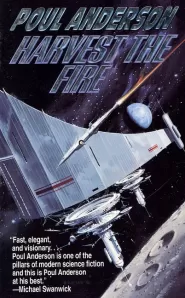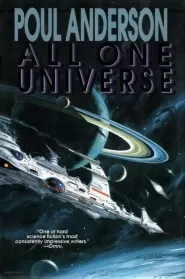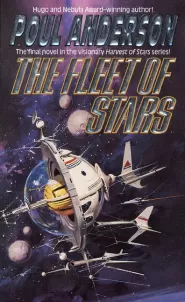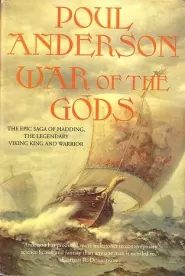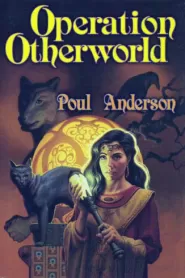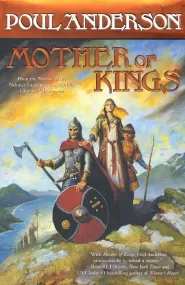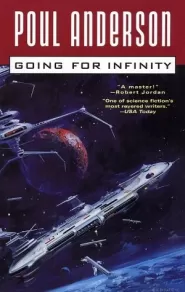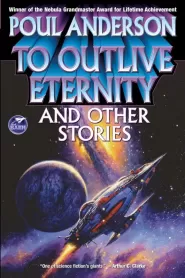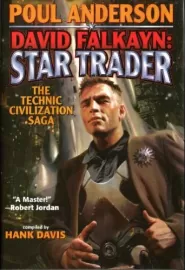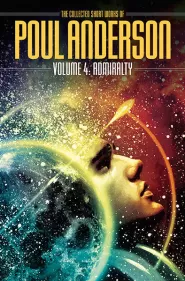Poul Anderson's name is synonymous with the golden age of science fiction, a master of speculative worlds where the future is as vast and varied as the past. Born in 1926 in the United States, Anderson's journey as an author was shaped by his fascination with history, science, and the unknown. A child of the Great Depression, he was drawn to stories that stretched the boundaries of possibility, whether set in the stars or rooted in the depths of myth. Over the course of his career, Anderson built a reputation for crafting intricate narratives that blend hard science fiction with the richness of historical and fantasy elements, making him one of the genre's most respected voices.
His most notable works span across several subgenres, but his Future History series and The Broken Sword remain iconic. Anderson's approach to storytelling often weaves rich, complex characters through elaborate plots, where technology and history collide, shaping destinies in worlds both fantastical and grounded. Whether he was exploring interstellar travel, the future of humanity, or the ancient gods of Norse mythology, Anderson’s writing never shied away from asking big questions about the nature of civilization, identity, and progress.
A skilled worldbuilder, Anderson had a knack for creating fully realized universes, where his characters often faced moral dilemmas, conflict, and the weight of their own actions. His The High Crusade, for example, combines historical fiction with space opera, a quirky tale where medieval knights clash with aliens—a brilliant demonstration of his knack for blending disparate elements. Similarly, The Boat of a Million Years explores immortality with a thoughtful depth, delving into the philosophical implications of living through the ages and seeing civilizations rise and fall.
Anderson's influence extends beyond his own novels; his works shaped the landscape of science fiction, often inspiring fellow authors and fans alike. He received multiple Hugo and Nebula awards throughout his career, cementing his place in the pantheon of genre greats. But perhaps more than any accolade, it’s the enduring relevance of his work that speaks most to his legacy. From epic space sagas to exploration of the human spirit in the face of the unknown, Poul Anderson's stories invite readers to contemplate not just what could be, but what might be lost or gained along the way.
A lover of Norse sagas, Anderson infused much of his work with mythological elements, resulting in a body of literature that felt timeless—both forward and backward-looking. His impact on science fiction and fantasy is profound, and his books continue to be read by those who seek to explore the vast reaches of human imagination and possibility. With each new story, Anderson beckoned readers to venture beyond the familiar, to chart new realms and ask the questions that only speculative fiction can truly illuminate.











